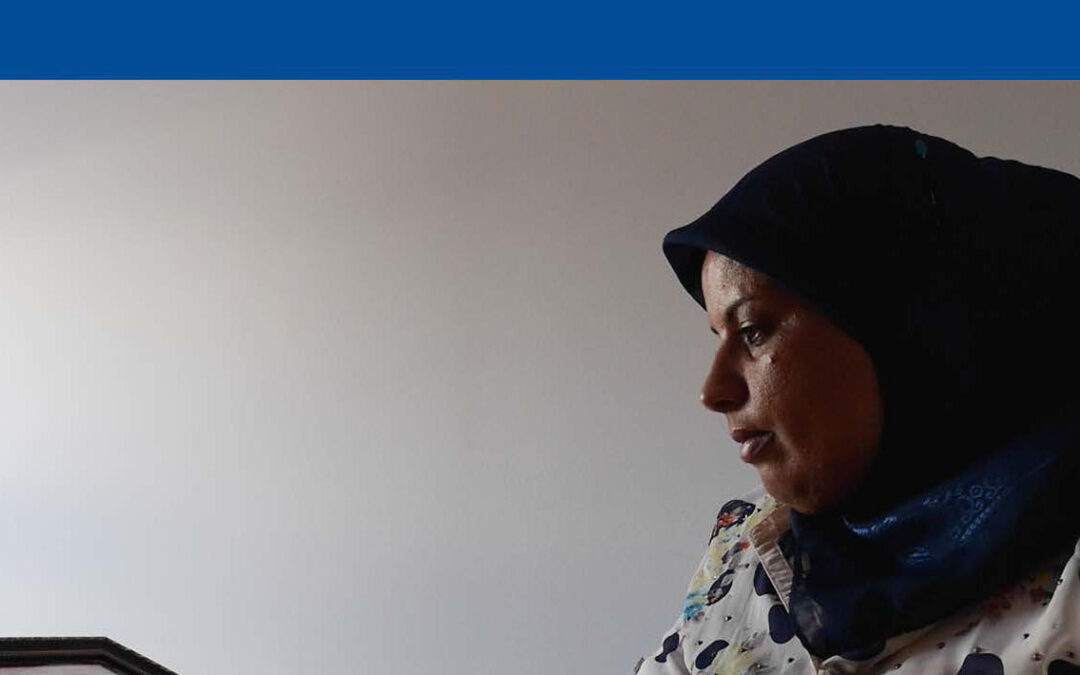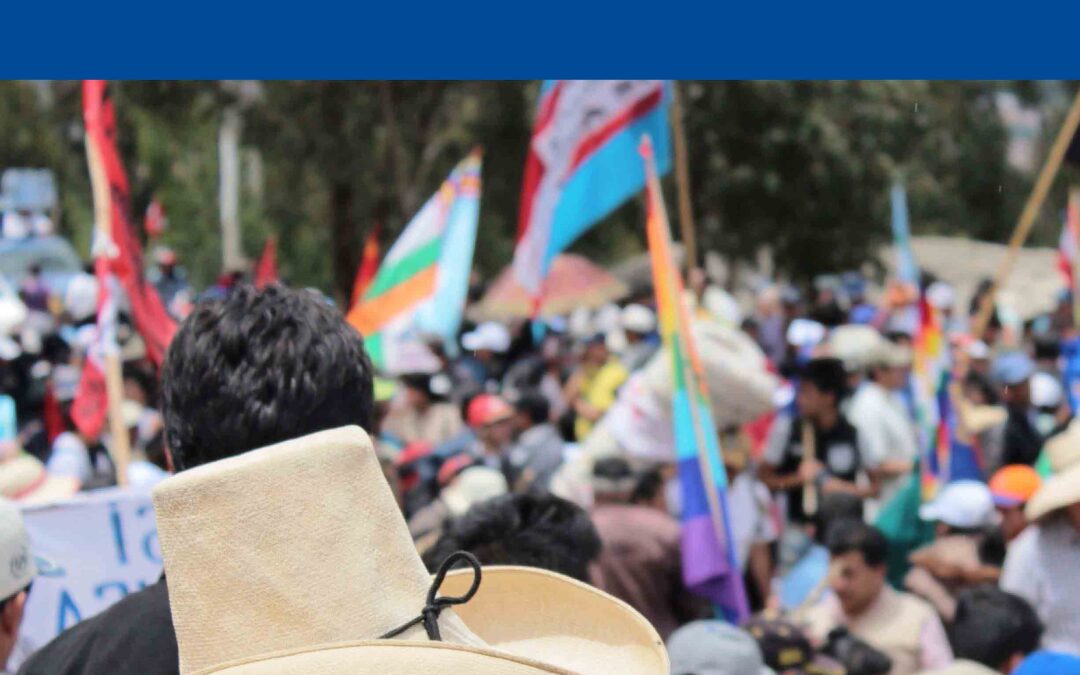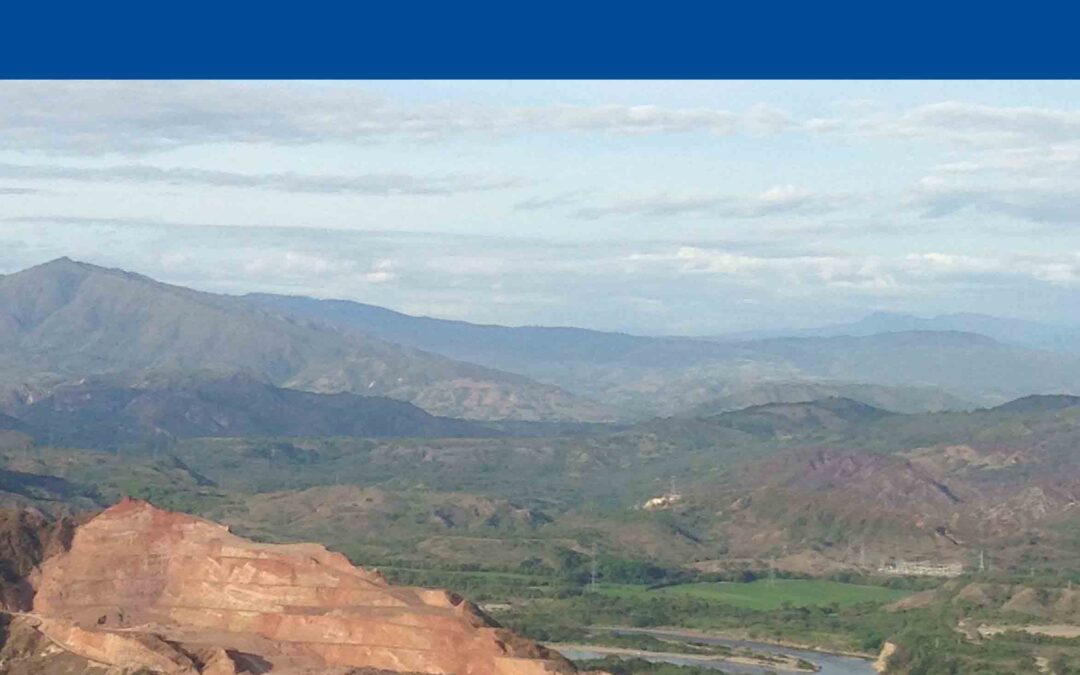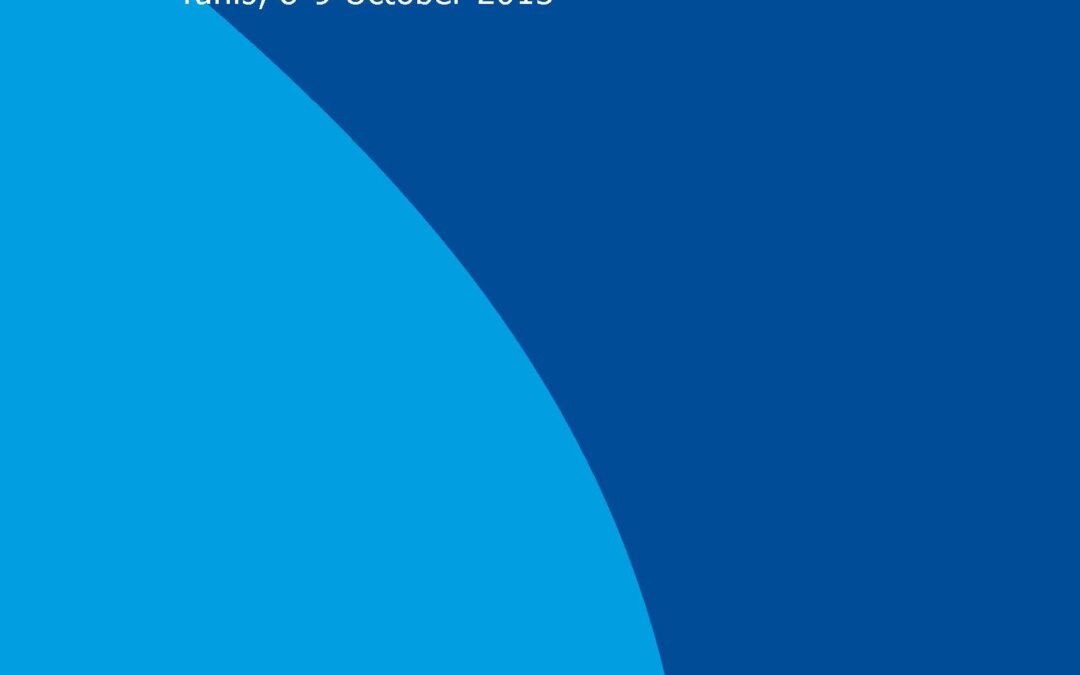
May 13, 2016
In a new report released today, the ICJ called on the Tunisian authorities to adopt comprehensive legal and policy reforms as well as practical measures to fully guarantee effective remedy and reparation for victims of human rights violations.
Under Ben Ali’s regime, thousands of human rights violations, including torture and other ill-treatments, unlawful killings, enforced disappearances, and arbitrary arrests and detentions, were committed by law enforcement and other security officers, the ICJ reminds.
Numerous similar violations were also committed during the December 2010 to January 2011 uprising and some continue today.
The ICJ report Illusory Justice, Prevailing Impunity highlights how, five years after the toppling of former President Ben Ali, legal and practical obstacles continue to undermine victims’ right to a remedy and reparation.
“Despite the adoption of some reforms and transitional justice measures, such as the establishment of the Truth and Dignity Commission, to date the legal system has failed to deliver the truth and justice that victims have been tirelessly seeking,” said Theo Boutruche, Legal Adviser at ICJ’s Middle East and North Africa Programme.
While several cases have been brought before Tunisian courts, in particular military courts, these proceedings in themselves do not fulfil Tunisia’s obligations to fully investigate and prosecute crimes under international and national law, establish the truth about violations, and ensure remedy and reparation for victims, the ICJ says.
The report details numerous flaws, in law and practice, including: lack of independence of the judiciary; inadequate statutory definitions of crimes; inadequate statutory recognition of the responsibility of superior officers for certain violations committed by their subordinates; the broad discretion of the public prosecutor to dismiss cases without providing specific reasons; the inadequacy of criminal investigations, including the lack of effective measures for the protection of victims and witnesses; and the resort to military justice, rather than ordinary civilian courts, to address human rights violations.
“Hope and expectations for justice grew within the transition period, but victims are frustrated and disappointed by persistent impunity and the inadequate outcomes in the proceedings brought against law enforcement officials since 14 January 2011,” added Boutruche.
The report identifies specific reforms of the justice system, in line with international law and standards that are needed to address current obstacles and fully realize the victims’ right to a remedy and reparation.
These include ensuring that: gross human rights violations are promptly, thoroughly and effectively investigated by bodies capable of triggering criminal prosecutions where required; victims and witnesses are protected; and that victims’ rights are given full effect, including the possibility to judicially review any decision by a prosecutor to dismiss a case prior to opening an investigation.
“Comprehensive reforms of the justice system are needed not only for victims of past violations to obtain justice and reparation but also for ‘transitional justice’ measures to deliver meaningful justice. The successful transfer of cases by the Truth and Dignity Commission to the Specialized Chambers highly depends on those reforms,” said Boutruche.
Contact:
Theo Boutruche, Legal Adviser of the ICJ Middle East and North Africa Programme, tel: +96 170 888 961, e-mail: theo.boutruche@icj.org
Tunisia-Remedy & reparations launch-News-Press releases-2016-ARA (full press release in Arabic, PDF)
Tunisia-Remedies and reparations-Publications-Thematic report-2016-ENG (full report in English, PDF)
Tunisia-Remedies and reparations-Publications-Thematic report-2016-ARA (full report in Arabic, PDF)
Watch the 12-minute documentary here:

Mar 21, 2016
Today, the ICJ published a new report (in Spanish) analysing the impact of extractive companies on economic, social and cultural rights of many local communities in the country. Mining activities have resulted in massive social protests in Peru recently.
Planning, exploration and exploitation of mineral resources in Peru are often linked with violation of economic, social and cultural rights of indigenous and rural communities, the report says.
The study also analyses the response of the State to the demands of the communities, following abuses and violence generated by the mining activities and projects.
It formulates recommendations to the Peruvian authorities to ensure the protection of human rights of local communities, safeguard the environment in which they live, and end the violations they face.
The report is the result of a field mission in Peru, in which participated María Clara Galvis, a Colombian lawyer, Rafael Uzcátegui, a Venezuelan sociologist, and Sandra Ratjen, ICJ Senior Legal Adviser on Economic, Social and Cultural Rights.
Peru-DESC extractives-Publications-Reports-Facts Finding Mission Report-2016-SPA (full report, in PDF, Spanish)
On Video: testimonials

Mar 15, 2016
Today, the ICJ launched a new report (in Spanish) documenting the impact of the El Quimbo dam project on the economic, social and cultural rights, as well as the environment, of the people living in the Colombian Huila Department.
The report highlights the response of both the State and the company behind the project to the demands of the affected communities, following massive social protests, conflicts and legal actions.
It also formulates a series of recommendations to ensure that the human rights and the environment in the region are protected and to end all the abuses against the local communities.
The report is the result of a field mission in Colombia, in which participated the ICJ Commissioners Philippe Texier (France) and Belisário dos Santos Junior (Brazil), Sandra Ratjen, ICJ Senior Legal Adviser on Economic, Social and Cultural Rights, and the Colombian lawyer Alberto León Gómez.
Colombia-ElQuimbo Megaprojects & ESCR-Publications-Facts Finding Mission Report-2016-SPA (full report in PDF, Spanish)

Feb 23, 2016
“The reform of the legal profession in the Republic of Tajikistan is in deadlock and requires urgent measures to secure an independent profession,” the ICJ said today as it published its recommendations on the reform of the legal profession in the country.
The ICJ found that the current situation risks depriving the legal profession of its independence and reduce significantly the number of practicing lawyers.
Following an ICJ round table discussion held in Dushanbe in December 2015, the ICJ was requested by the participants to provide an analysis of the state of the reform and present its recommendations.
The ICJ recommended amongst other things that:
- The authorities abstain from interference with the free election of office-holders of the self-regulating profession;
- Amendments to the Law on Advokatura enacted in November 2015 that impede the independence of the legal profession be repealed or replaced;
- The independence of the Qualification Commission from the executive be ensured in particular by making it a body of the Union of Lawyers;
- The requirement that already-qualified lawyers re-apply for qualification or lose their right to practice be repealed; and
- No discrimination, direct or indirect, should be permitted as regards entry into the profession.
These and other recommendations aim to facilitate a rapid way out of a stalemate which has emerged in Tajikistan where an independently elected Chair of the Union of Lawyers is refused his status as a lawyer as a result of problematic legislative amendments.
The recommendations follow a round table discussion organized by the ICJ in December 2015, where the principles and practice of the independence and self-governance of bar associations, as well as other issues of significance for the independence of lawyers, including the qualification process and disciplinary action, were discussed.
These discussions as well as the analysis of the legislation served as a foundation for the present recommendations based on international law and standards on the role of lawyers.
Tajikistan-Independence of legal profession-Publications-Reports-Thematic reports-2016-ENG (full report in PDF, English)
Tajikistan-Independence of legal profession-Publications-Reports-Thematic reports-2016-RUS (full report in PDF, Russian)
Tajikistan-Indep legal prof-News-Web stories-2016-RUS (full story in PDF, Russian)

Jan 27, 2016
On 8 and 9 October 2015, the ICJ held a consultation meeting in Tunis on the topic of judicial accountability. The ICJ today is publishing a summary report of the discussions.
The focus of the meeting was on mechanisms and procedures for holding judges to account for involvement in violations of human rights, judicial corruption or similar judicial misconduct, in developing countries.
The Tunis meeting offered the opportunity for judges, researchers and other professionals with expertise in justice systems in a range of developing countries from Africa, South America and the MENA region, to exchange views and experiences on the topic.
Drawing from their professional experience,knowledge and personal opinion, the participants discussed types of accountability mechanisms, their efficiency, and the main challenges faced in pursuing judicial accountability and potential ways to overcome them in developing countries.
The Tunis consultation forms part of a larger ongoing project on judicial accountability.
The ICJ intends to publish in the coming months a report of further reflections on the particular challenges for judicial accountability in developing countries, as well as a more global Practitioners’ Guide on Judicial Accountability in June 2016.
These publications will draw on the Tunis consultation, the 2015 Geneva Forum of Judges and Lawyers (14-15 December 2015), as well as further research.
This report of the Tunis consultation offers a thematic summary of the discussions held over the course of the two days meeting, and also includes annexes with the list of participants, and questions for reflection, provided to the participants in advance of the meeting.
The ICJ is grateful for funding from the Ministry of Foreign Affairs of Finland, without which the Tunis consultation and additional ICJ consultations, research and analysis on judicial accountability in developing countries would not have been possible.”
Universal-Tunis Consultation-Publications-Seminar and Conference Report-2016-ENG (full report in PDF)









